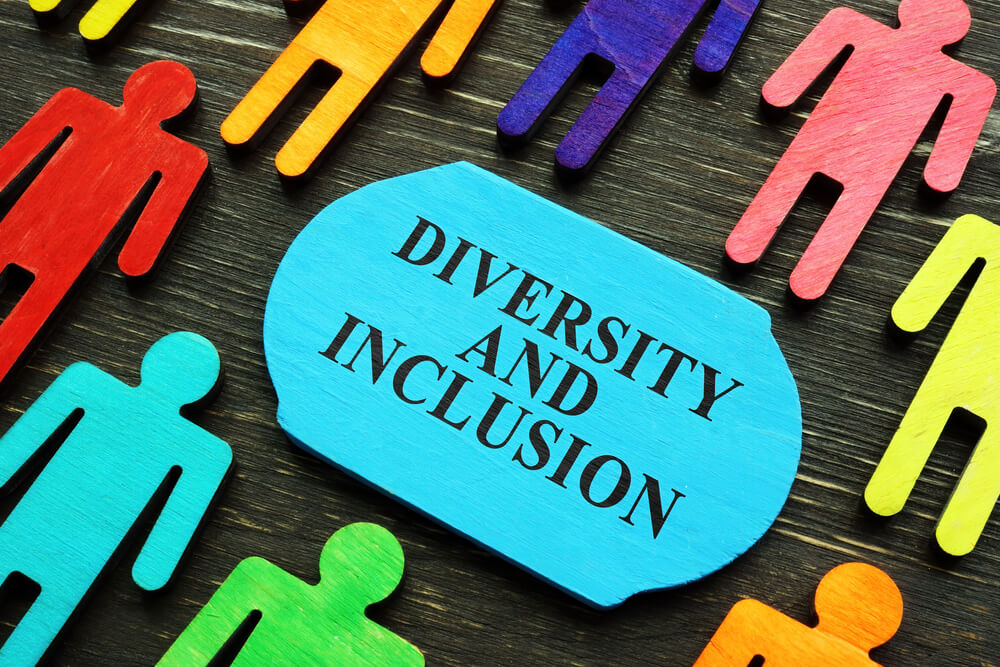Dealing with discrimination at work can be difficult and sometimes overwhelming. Ongoing discrimination can lead to low self-esteem, fear, stress, and mental health issues such as anxiety and depression. Workplace discrimination can also lead to physical symptoms including headaches, stomachaches, or panic attacks. It is important to take steps to care for yourself, seek support, and report unlawful discrimination.
Steps to cope with workplace discrimination:
Practice self-care.
Things such as meditation, journaling and exercise can help protect you from the negative health effects of discrimination.
Seek support.
Talking with others who have experienced discrimination or joining a support group. Seeking guidance from a mental health professional is also an option.
Focus on your strengths.
Focusing on your core values, beliefs and strengths can counter the negative effect of bias.
Keep a Journal or log.
If you are still employed and still experiencing the unlawful treatment at work, keeping a log or journal of the incidents can help you later if you decide to take action.
Take Action.
File a formal complaint with your manager or human resource department and contact an experienced employment attorney for guidance.

Many of our clients who have been harmed in the workplace seek out the guidance and support of mental health professionals, including therapists or psychiatrists. While pursuing legal action against an employer is one avenue, supporting your mental health through the journey is important too.
MJSB Justice is proud to support all employees, regardless of age, gender, race or ethnicity, who experience discrimination, retaliation, or wrongful termination. If you are experiencing ongoing discrimination at work and do not know where to turn, we would like to hear from you.



